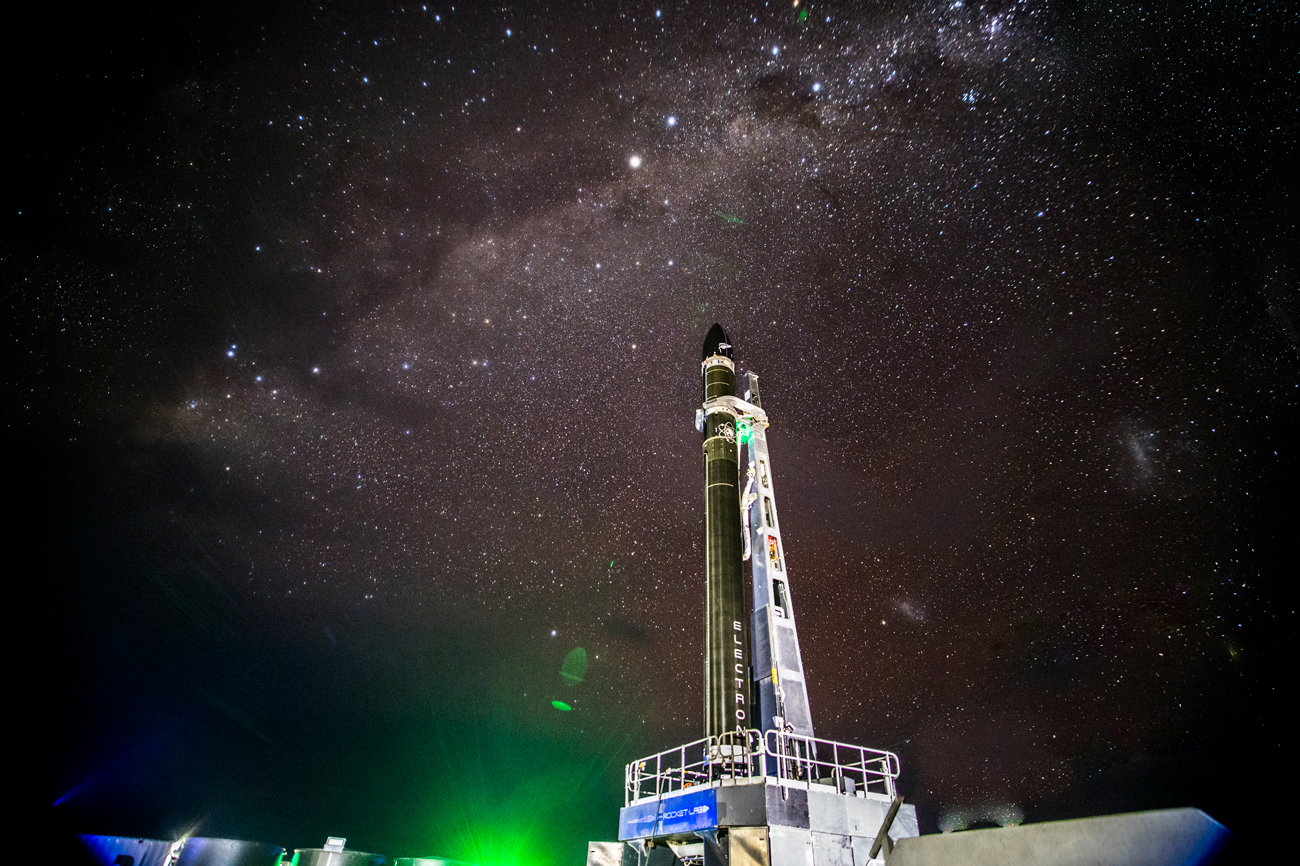It's Business Time: Rocket Lab prepares for launch out of New Zealand


It's Business Time
New Zealand-based Rocket Lab will on Saturday make another bid to send its first fully commercial payload into orbit.
Since testing began, the company has put four satellites into orbit, and from June 23 has a fortnight to get its first fully-fledged business mission -- aptly named "It's Business Time" -- off the ground.
Rocket Lab will open the launch window from June 23 through July 6, with launch attempts scheduled for daily four-hour slots, beginning at 12:30pm NZST.
The company will open a live-stream 15 minutes before launch, viewable on a launch day here and via Rocket Lab's YouTube channel.
Kiwi chief executive and founder Peter Beck on Friday told AAP all systems are go and the weather was looking good for an attempt this weekend.
"This marks the beginning of commercial operations to get small satellites to orbit," he said. "It's been promised and required for a decade now. It really does finally drop the hammer on proper, reliable, and frequent access to orbit for small spacecraft."
US-owned Rocket Lab runs the world's only privately-owned launch facility and focuses on small payloads, like satellites. Although substantially smaller than what Elon Musk's SpaceX is doing, Rocket Lab's 17-metre-long Electron rockets use 3D-printed engines and can carry payloads up to about 150 kilograms.
Electron 'It's a Test' lift off
The company, which bases its operations in Mahia on the east coast of New Zealand's North Island, hopes to be completing a launch every two weeks next year and weekly in 2020.
Rocket Lab's Electron launch vehicle will loft four satellites and a technology demonstrator to Low Earth Orbit. The payloads will be launched to a 500km x 250km elliptical orbit at 85 degrees, before being circularised using Rocket Lab's Curie engine-powered kick stage.
To meet a swelling 2018-19 launch manifest, the company has rapidly scaled production at its California headquarters.
It's Business Time is manifested with commercial satellites from Spire Global and Tyvak Nano-Satellite Systems, as well as an educational payload from the Irvine CubeSat STEM Program.
Before a launch, a series of checks are completed with ground support equipment; should anything not perform as per expected, Rocket Lab will announce the decision to delay the launch as soon as possible, it said.
"At ignition, a deluge of water used to protect the launch pad and suppress exhaust noise will be vaporised into large billowing white clouds of steam. After the engines have burned for a couple of seconds to confirm nominal thrust levels, the Electron will be released and begin to climb from the pad," the company explained of its launch plan.
"It will ascend away from the steam cloud, supported by an intensely bright white-orange plume, and leaving little or no smoke trail."
The climb will be slow at first, with Rocket Lab expecting it to take approximately three seconds to clear the four-storey launch tower.
"As the rocket climbs and becomes lighter it will accelerate, reaching a commercial airliner's typical cruising altitude in approximately one minute," the company continued.
"Once it has left the thicker parts of the atmosphere, the rocket will begin to turn south and start building up the 27,000km/h horizontal velocity in order to achieve orbit."
The launch will be monitored at Mission Control in Auckland and all site and launch safety is managed at Range Control, 2.4km north of the launch site.
With AAP
RELATED COVERAGE
- Rocket Lab could be the next SpaceX and it's ready for its first big launch (CNET)
- Satellite launch startup Rocket Lab raises $75m at $1b valuation
- Australian states and territories to battle for space agency boasting rights
- Australia to fire its pork barrel into space
- Replay: Watch the SpaceX Falcon Heavy rocket test flight
- The Moon is getting a 4G network next year
- SpaceX to launch internet from the sky
- SpaceX Falcon Heavy test: Sacrificing Teslas on the altar of progress and inspiration
- Why Elon Musk's SpaceX is even cooler than Tesla (TechRepublic)
- Exomedicine arrives: How labs in space could pave the way for healthcare breakthroughs on Earth (TechRepublic)